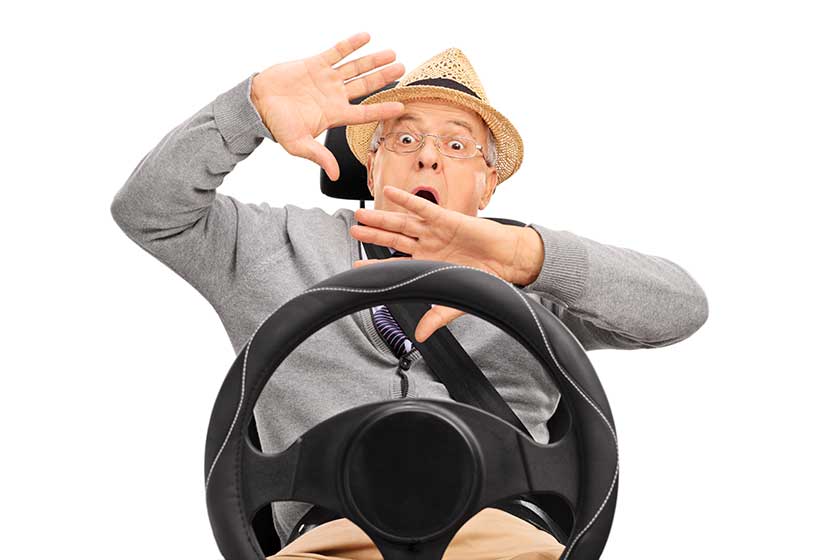Even while being older doesn’t automatically mean you shouldn’t drive, keeping an eye on your reflexes and eyesight is crucial for preserving senior health. At some point, for almost everyone, driving becomes unsafe for you and other drivers. This is particularly true for those who suffer from age-related health issues like dementia. Learn the warning indications that seniors should stop driving here.
Unexplainable Damage To The Car
Older individuals are sometimes reluctant to admit they have trouble driving. The evident damage to their automobiles must be remedied, whether they are doing this out of pride or a concern that their keys would be taken away. Wait until your loved one seems to be in a stable enough state to inquire what transpired and start a conversation. It’s normal to sometimes have a door ding or a little scratch, but if your loved one won’t speak about it or can’t think of a good reason for what happened, you should be concerned.
Hearing Or Vision Loss
Even senior citizens who have always been cautious drivers may find it more and more difficult to do so if their vision or hearing is impaired. Be conscious of your loved one’s hearing and eyesight limitations. Make arrangements to get your parents’ eyes and ears examined if you notice anything appears amiss.
Memory Loss
While most individuals are most afraid of getting into an accident, you should be aware that elderly persons with memory loss are more likely to make foolish driving decisions. For instance, your loved one can lose track of where he or she is headed and wind up traveling far. Alternately, your loved one can go into a dangerous area or lose track of where they parked their car. Having a companion offer transportation is a safer option since these kinds of circumstances might make your loved one more susceptible to crime.
Reach out to our retirement community, a reputable source of senior assisted living in Fort Myers, FL families can rely on, if your elderly loved one has been diagnosed with a severe ailment and requires assistance with activities of daily living like meal preparation, transportation, bathing, and grooming.
An Expression Of Concern From Another Person
Knowing that your loved one’s neighbors, friends, and other caregivers would watch out for him or her is comforting. Make sure the individuals in your loved one’s social network are aware that they may contact you with any questions or concerns. For instance, they could see that your loved one has trouble pulling out of the driveway or disregards traffic signals. If someone expresses worry about the way your loved one is driving, presume that it has been going on for a long time. To determine if it is safe for your loved one to drive the car alone, ask a qualified driving instructor to conduct an evaluation.
Medication Side Effects
Every second matters while driving, therefore you need your loved one to be able to move fast to avoid disaster. Drowsiness and other adverse effects from several drugs impair response times. Consult the pharmacist of your loved one to learn about possible prescription side effects so you can make arrangements for alternate transportation options if necessary.







